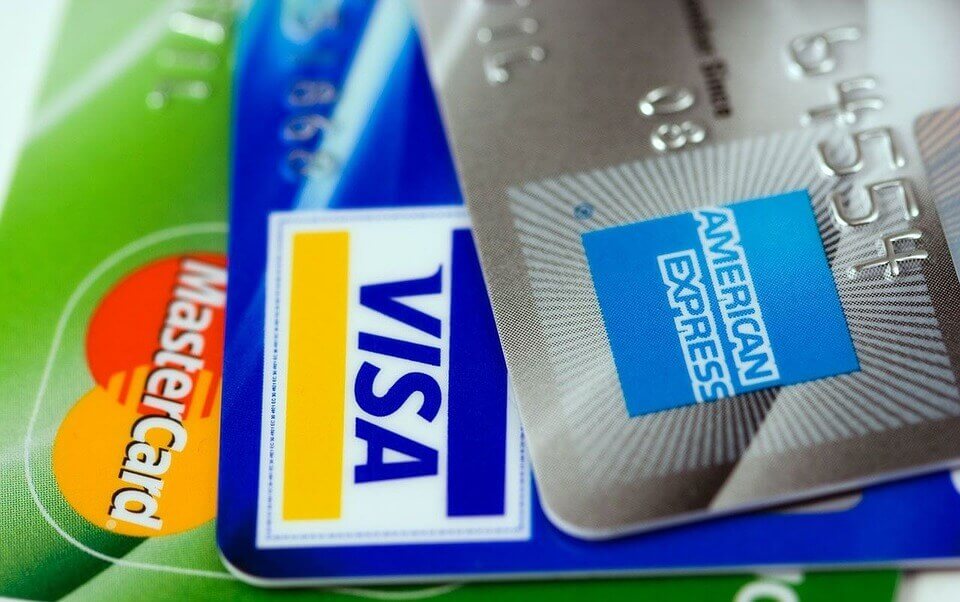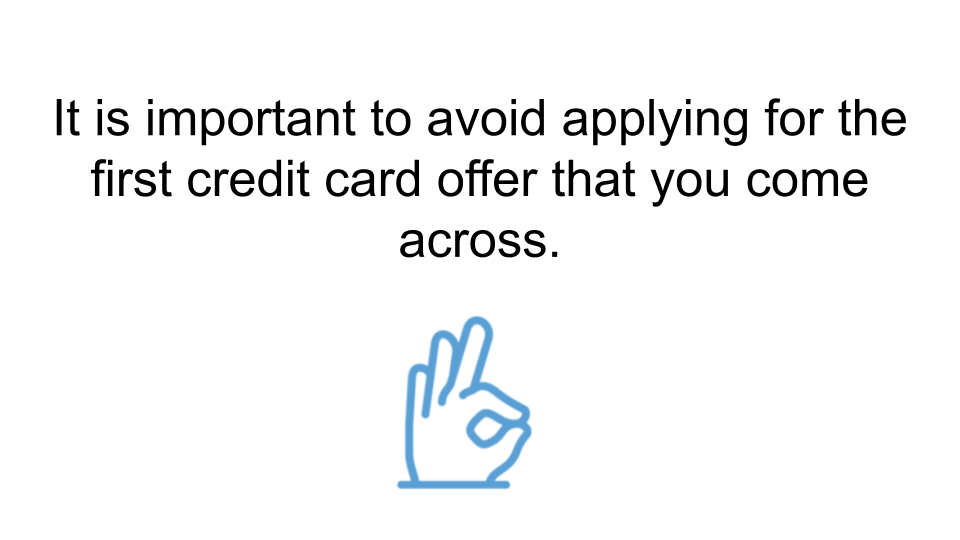You may find yourself in a dilemma regarding whether you should apply for your first credit card. While spending on your credit card can prove beneficial for a number of reasons, including building up your credit score and achieving rewards, there are some things to be concerned about.
This guide will help you to decide whether you should get a credit card.
What is a Credit Card?
A credit card allows you to spend money up to a pre-set limit. You will then receive a bill for your monthly spend, which you must pay off in full every month. If you cannot pay the balance off in full, you must at least pay the minimum amount.
This minimum amount will vary and is set by your credit card provider. It typically includes 1% of the outstanding balance, including interest, default charges and the annual fee. As such, it usually lies between 3-5% of the balance.
If you are able to pay off the balance in full at the end of the month, you will not be required to pay any interest on what you have borrowed. You may be required to do so however if you have used your credit card at an ATM to withdraw cash.
If you pay off the bill in full, you won’t pay any interest on what you’ve borrowed unless you have used your credit card to withdraw cash.
Is a Credit Card Right for Me?
Importantly, if you are currently or have recently struggled with managing your spending or finances, then the benefits of getting a credit card may be outnumbered by the cons.
If you are confident that you are going to be able to responsibly manage your spending and clear your balance every month then a credit card is a great idea.
Here are some benefits and drawbacks to consider before applying for a credit card:
Benefits of a Credit Card
- They are both easy to carry and use – They are accepted at most shops, restaurants and ATMs
- They are often safer than cash – If your credit card is stolen, you can simply contact your credit card provider and cancel it. Further, if it has been used fraudulently by another person, you are likely to be protected and receive it back unlike if your cash was stolen
- Many credit cards offer an initial interest-free period – This means it may be a cheaper way to borrow in the short-term compared to taking out a payday loan
- Credit card spending is protected – Under Section 75, purchases made over £100, and under £30,000, are protected by your credit card supplier
- Rewards – This could include into joining benefits, as well as cashback, air miles and exclusive discounts
- Spending can help boost your credit score – If you spend within your credit limit and pay off your balance in full every month, this will help to improve your credit rating which can then in turn open up better rates for loans and mortgages
Drawbacks of a Credit Card
- There may be high-interest rates on repayments – If you are not able to clear your balance at the end of each month, you will be required to pay interest on your outstanding balance, this can lead towards spiralling debt
- Spending on your credit card may actually damage your credit score – Your credit score might fall if you miss a payment or exceed your credit limit, impacting on your ability to borrow funds in the future
- Additional fees may be incurred – You may need to pay additional fees or penalty fines if you have exceeded your credit limit or missed a payment
- They are expensive to use abroad – There may be additional fees for purchases or cash withdrawals when using your credit card abroad
As such, it is certainly worth weighing up the above to work out whether a credit card is best for you. If you are a prospective homeowner, and consistently pay your bills on time, then it is worth considering as it can help to build up your credit score and thus help you get the best mortgage rate possible. (Source: ConsumerFinance.gov)
If you are already in debt, or frequently withdraw loans from lenders, banks or credit unions then a credit card is unlikely to be a good idea, and may bring down your credit score further.
Which Type of Credit Card Should I Get?
There are thousands of different credit cards available. The providers will offer a number of unique features, making some a better fit for you than others.
It is important to avoid applying for the first credit card offer that you come across. It is worth taking time to research into different offerings and rates.
The below are a few things to look out for when deciding which credit card to get:
Rewards
Rewards credit cards can be great for big spenders who are able to repay in full and on time every month. These rewards could include discounts, air miles and cashback. Different credit card providers will offer different rewards, some in the form of sign-up deals.
Annual fees
Some credit card providers may charge their customers annual fees. As such, it is worth comparing what benefits these providers may offer as it may in turn make up for the annual fee.
Credit score
Some credit cards are designed specifically to help their customers meet certain credit score ranges. It is worth comparing these to general consumer credit cards to see which one will best suit your needs.
How Can I Apply for a Credit Card?
The best way to apply for a credit card is through the provider’s online portal. You may also be able to apply over the phone or in-person at your local bank or credit union branch.
When you apply for a credit card online, you must ensure that you fill out the application form accurately. Details that are usually included in these include your name, address, contact information, date of birth as well as income and employment status.
You should receive a response a few days after you have submitted your application form. You will either be approved and receive the credit card shortly, be declined or find that your application is still pending. This may be because the credit card provider requires some further background information.



